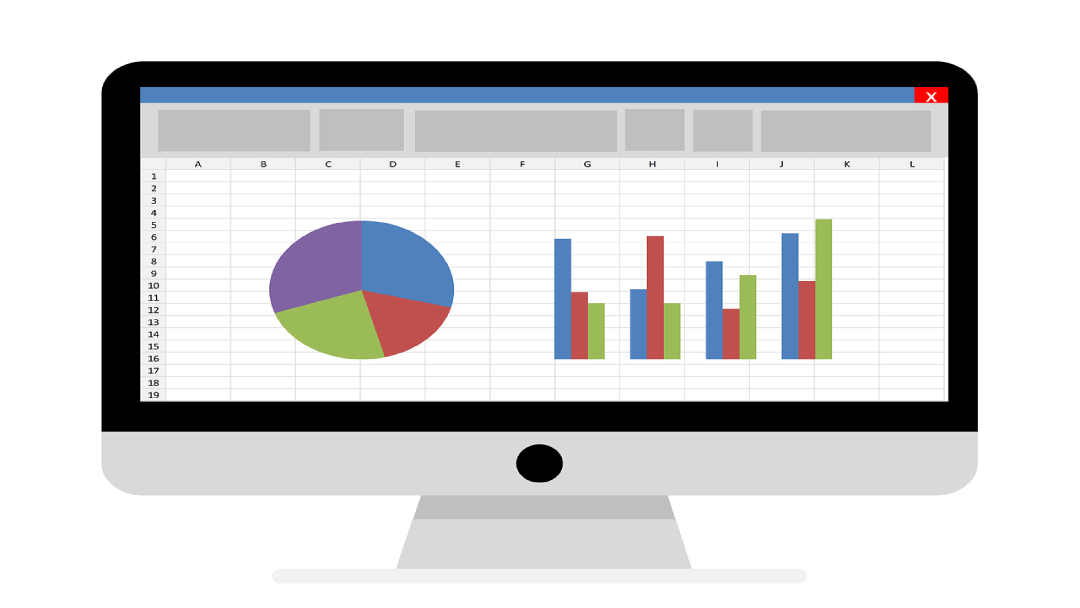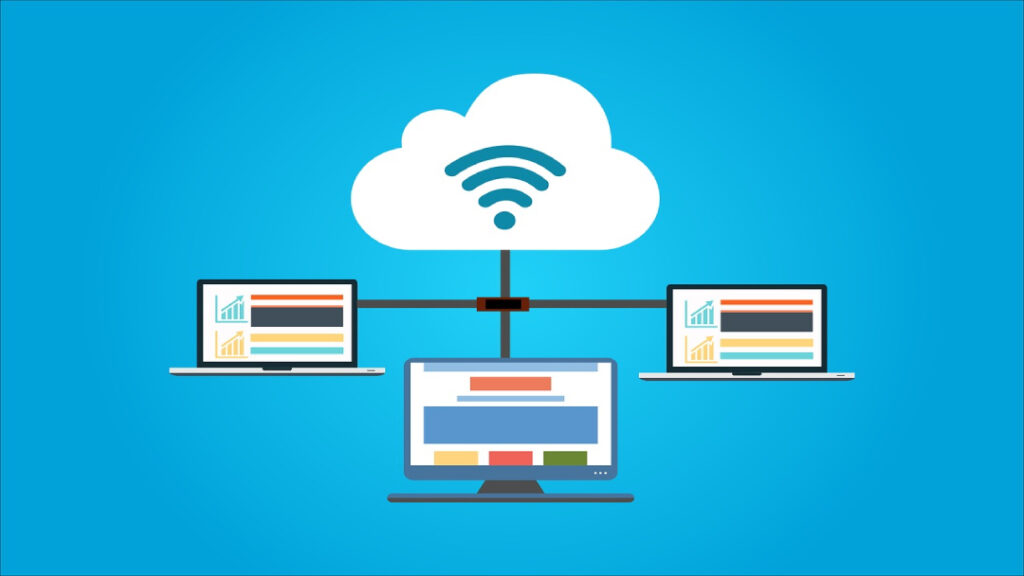Gone are the days when bookkeeping was confined to actual books. These days, like most industries, accounting has turned to technology to streamline efficiency and save costs.
However, the use of accounting technology is constantly changing as new interfaces and advancements are being applied each year. So how is accounting technology changing? And how can your business take advantage of these changes?
This resource will walk you through everything you need to know about these questions. That way, you can take advantage of everything accounting technology has to offer you.
Table of Contents
What Is Accounting Technology?
Accounting technology is any sort of tech that can make the lives of accountants easier, safer, or more efficient. Gone are the days when you spend hours manually entering data or balancing spreadsheets.
Other the past few decades, the primary concern of accounting technology has been transforming processes that were once on paper into digital solutions.
Software, as well as cloud-based computing platforms, have been at the forefront of this digitization process. But let’s examine how accounting technology has changed over the past few years.
How Is It Changing?
Now that we know more about accounting technology, we can explore some of the specific ways that it’s changing.
In this section, we’ll be going over some of the top changes in accounting. Taking advantage of these technologies should be on the goal list of every accountant if they want to stay competitive.
Related: How to Sell Accounting Services: Step-by-Step
1. Introduction of Cloud Computing
Cloud computing is the process of computing by using data storage, networks, apps, security tools, and development tools all through the internet. Cloud computing is one of the main areas where accounting technology is changing because more and more companies are relying on it.
Why? For starters, it’s more affordable. Instead of spending tons of money on software, hardware, and databases, you need to sign-up for a cloud platform.
It’s also much more flexible. More people than ever before want to work from home. Cloud computing gives them the ability to do this.
2. Automation to Reduce Workload
There’s a reason why by 2050, eight out of ten Americans believe that robots will do much of the work previously done by humans. This is already happening in multiple industries, including accounting.
In accounting, AI software now performs repetitive, time-consuming tasks like data entry. This technology reduces the workload, which frees up valuable time for more analysis.
Want to find out how you can automate your R&D tax credit accounting process, saving valuable time? Contact TaxRobot to learn more about how we can help your business.
3. Data Analytics
Data analytics are changing the way that accountants approach financial forecasting. In the past, it was only possible for accountants to analyze some of the data found in financial documents, as well as the broader market.
These days, the software doesn’t just look at sales but also things like upcoming product releases, market conditions, and customer feedback to forecast a more accurate prediction of revenue.
Data analytics are also helpful for targeting more niche, high-demand accounting clients.
Related: Accounting for Startups: What to Know

4. Outsourcing
Previously, it wasn’t uncommon to outsource accounting work to different agencies. However, there’s been a significant boom in the amount of outsourced work. Now, global outsourcing marketing is worth $92.5 billion.
So how did we get here? For starters, the introduction of cloud computing software and globalization has made it easier than ever. But there are also a lot of benefits that come with outsourcing.
For starters, it’s more affordable, and you can access an entire pool of global accounting talent. However, it’s also easily scalable, which can’t always be said about in-house accounting departments.
5. Heightened Data Security
As an accountant, you handle sensitive financial information every day. Unfortunately, this makes you a target for the many cybercriminals out there. This is a problem because billions of records are stolen around the world every year.
The best way to prevent this is through heightened data security technology. This includes anti-malware technology, encryption, and MFA (or multi-factor authentication). A more robust security infrastructure will go a lot way toward improving security.
What Are the Benefits of Accounting Technology?
We’ve learned how accounting technology is changing. But we haven’t explored the why question. The reason accounting technology is developing is because of the many benefits that come with them.
We’ve covered some of these benefits in the previous section. But to reiterate, here are some of the benefits that have come with this changing tech:
- The gradual elimination of manual entry work
- Complete automation of tax workflow
- The ability to collaborate in real-time
- Shift to work that adds value (as opposed to busy work)
- Being able to find valuable insights
As you can see, it’s not hard to see why this technology is changing, and many accountants are adopting it.
How the Right Type of Software Can Make Your Life Easier
If you’re ready to change with the times, a good place to start is software that can make your life as an accountant simpler. Sadly, not all accounting software out there is created equally.
Tired of accounting software that’s expensive and hard to use? Learn more about our affordable and intuitive R&D tax credit software here.

The Importance of Accounting Technology
In the past, you might have been able to get away with avoiding accounting technology. Sadly, those days are quickly becoming a thing of the past. Now, if you aren’t using this type of tech, there’s a good chance that you’re slower, less efficient, and less accurate than your competition.
Not adapting to industry changes is one of the main mistakes that new small businesses face. That’s why it’s essential to invest in accounting solutions that make sense for your business type.
That way, you stay ahead of the tech curve and benefit from your investments before your competition gets wind.
Related: Accounting Bookkeeping Checklist for New Clients
